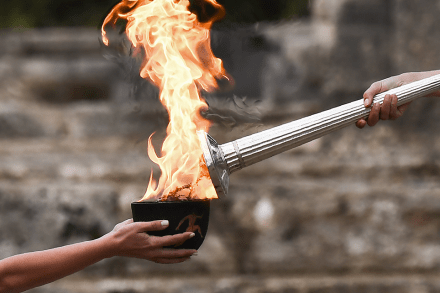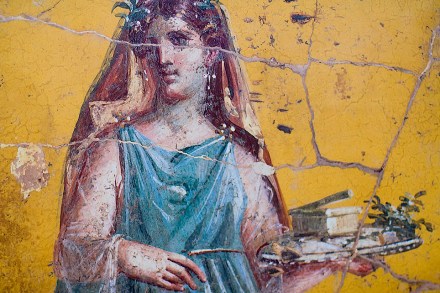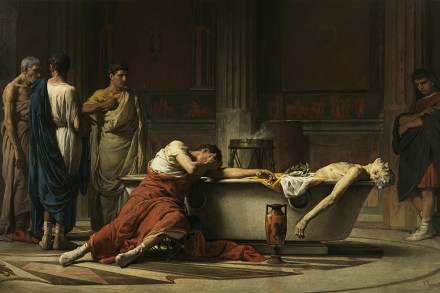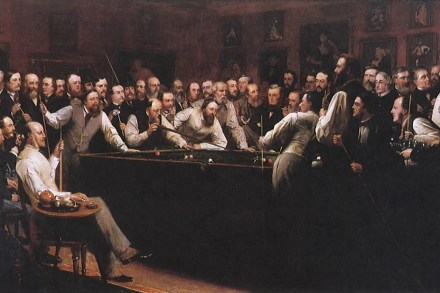How to survive in the ancient world
A recent analysis has concluded that ‘British public opinion has got so used to things being bad/chaotic it’s hard to imagine anything else.’ But what ‘things’? Perhaps electioneering politics (always chaotic), but more likely the myriad social, legal and medical services the state claims to provide. No such services (let alone ‘rights’) were available in the ancient world. Family




















